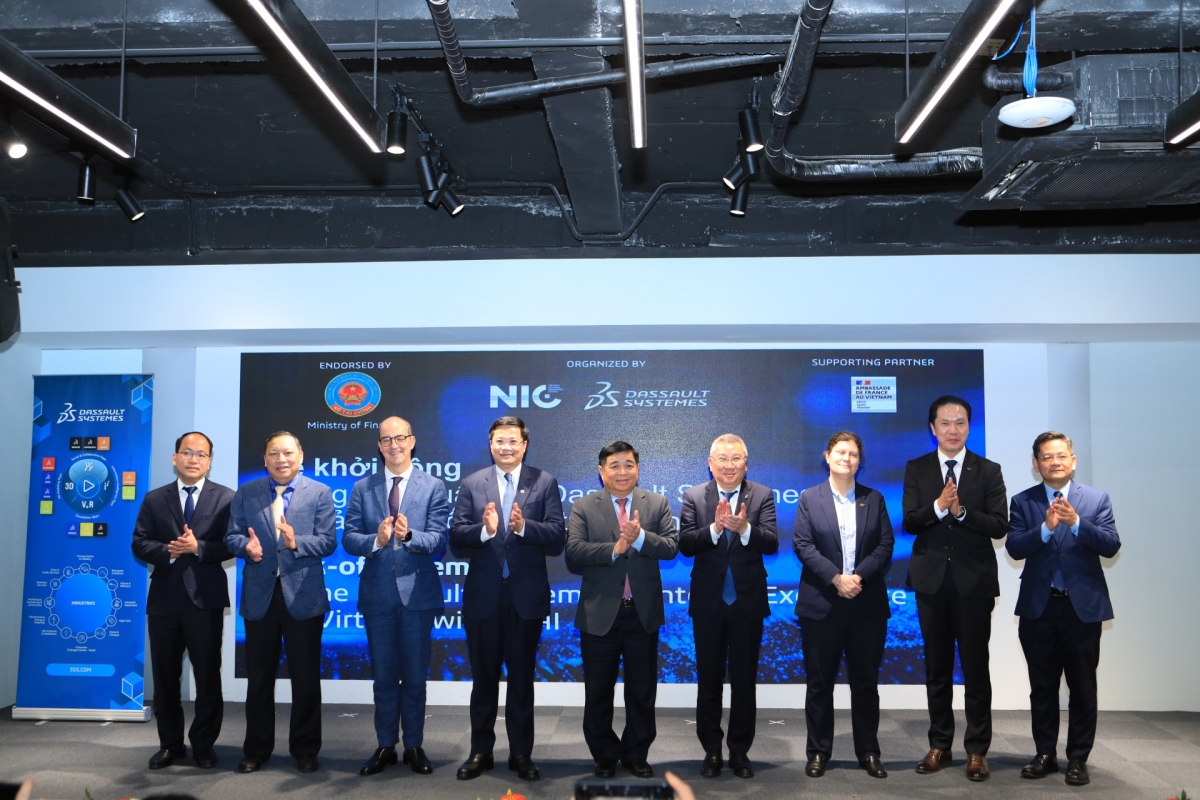INTERNATIONAL INVESTMENT
AND PORTAL
Over the last 10 years, Vietnam has become a destination for foreign IT/software development companies from all parts of the world, all thanks to Vietnam’s unique combination of a young, tech-savvy work force and low labour costs.
Vietnam has witnessed the establishment of major software development campuses mainly in Hanoi, Ho Chi Minh City, and Danang, employing thousands of young Vietnamese software engineers who have gained valuable international exposure working for these major foreign IT companies.
 (L-R) Eric Douglas Johnson, partner and Phan Duy Thang, associate Freshfields LLP
(L-R) Eric Douglas Johnson, partner and Phan Duy Thang, associate Freshfields LLP
As this labour force matured and developed their skills, they then became the key driving force behind the country’s rapid growth in AI sector. This is evidenced by a drastic increase in the number of AI startups in Vietnam over the last several years and as well as a small but noticeable increase in venture capital investments into a handful of leading AI start-up companies in Vietnam.
For example, the recent acquisitions of MovianAI by Qualcomm, VinBrain by Nvidia, and NashTech by PAG, as well as a number of venture rounds into emerging companies like OKXE, AI Hay, and Fillum AI underscores the trend: Vietnam is becoming a serious player in the global AI ecosystem, and global tech giants and financial investors are taking note.
The Vietnamese government has long recognised the importance of AI application, and its pivotal role in supporting the development of AI sector. In 2021, the Vietnamese government issued a national strategy on research, development, and application of AI, which aims to position Vietnam as a leading AI innovation hub in ASEAN by 2030.
The government’s support has not declined over the years. On April 23, the Ministry of Finance, National Innovation Centre, and Vietnam Private Capital Agency hosted an innovation and private capital summit to promote semiconductor and AI industries in Vietnam.
This has clearly demonstrated that the Vietnamese government is open to listening and supporting this growing sector, including by building a supportive legal environment and investing in technological infrastructure.
It is expected that in 2025, the National Assembly will adopt the Law on Digital Technology, with a dedicated section on AI and a dedicated section on regulatory sandbox. The government is considering establishing a fund that focuses on financing innovative small- and medium-sized enterprises.
As the legal infrastructure and talent pools grow, so will the companies operating in this sector, which will lead to new opportunities for foreign investors. Data from Statista shows 2024 marks the third consecutive year Vietnam has exceeded the global average compound annual growth rate, reflecting its significant strides in AI and its emergence as a key player in the region’s tech landscape.
In the midst of various trade disruptions and negotiations across the globe, it is difficult enough to predict what tomorrow will bring, let alone annual trends. Setting the current uncertainty aside, however, we doubt that ambitious and entrepreneurial Vietnamese founders will stop innovating.
It is also important to note that to the extent these companies are exporting, they are exporting services, which seem to have been spared in the current ongoing trade disputes.
It will be important to see more examples of the types of high-profile transactions in the market mentioned above, and perhaps more importantly for financial investors, to see examples of successful exits, whether by way of trade sales, secondaries, or initial public offerings.
We remain optimistic that the AI and tech sectors in Vietnam will continue to develop and to present compelling opportunities for foreign investors.
By Eric Douglas Johnson and Phan Duy Thang



















